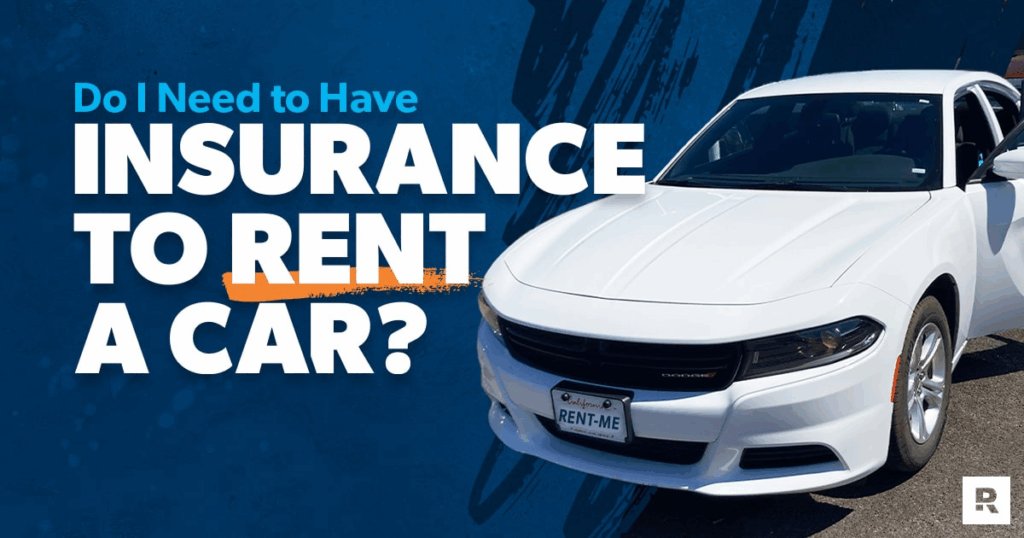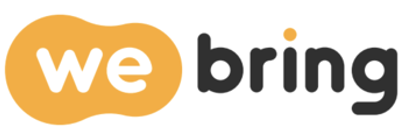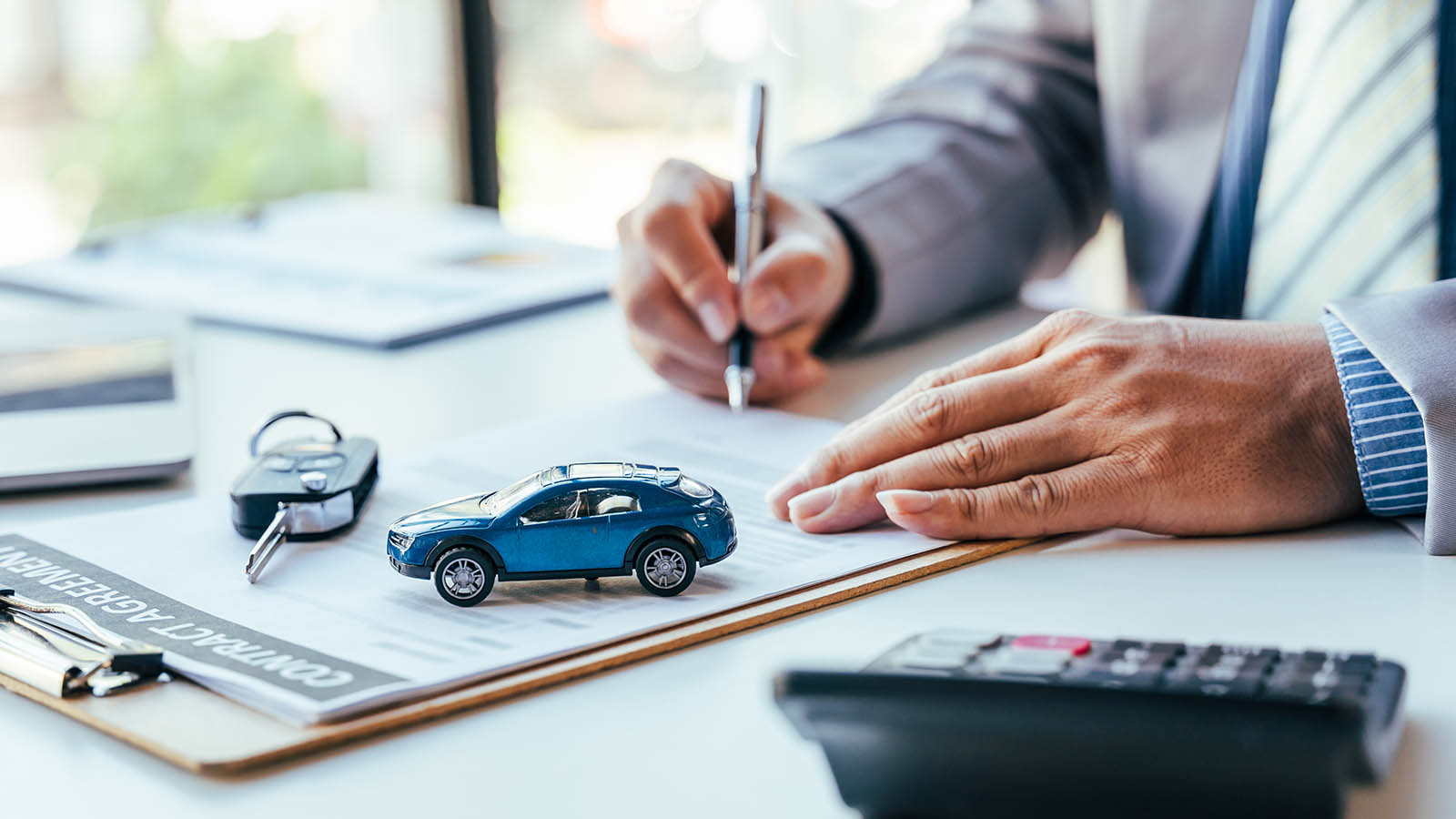Why does rental car insurance often seem so complicated? Even though rental companies provide “basic insurance,” in reality, there are situations where this coverage does not fully protect you in the event of an accident. This is especially important for foreign drivers who may be less familiar with local driving environments and therefore at higher risk of accidents. In this post, we’ll carefully walk through the essential aspects of choosing rental car insurance in Korea, highlight additional costs that foreigners should be aware of, and explain the concept of the Collision Damage Waiver (CDW).
Basic Structure of Rental Car Insurance in Korea
1) Bodily Injury Liability Insurance
Bodily Injury coverage is a mandatory type of insurance in Korea. It provides compensation if you cause physical harm to another person in an accident, whether it be a pedestrian or passengers in another vehicle. Every car in Korea must be insured under this category by law, which also applies to rental cars. In most cases, this coverage is included in the rental fee and is not an optional add-on.
2) Property Damage Liability Insurance
Property Damage coverage pays for damages caused to another vehicle, building, or facility in an accident. For example, if you hit another car’s bumper or damage public property like a guardrail, the costs would be covered under this type of insurance. Most rental car base fees already include property damage coverage; however, it is crucial to check the payout limits. If you collide with a high-end vehicle, the repair costs can be significant, so make sure the coverage limit is adequate before driving off.

Why the Collision Damage Waiver (CDW) is Essential
What CDW Means
The Collision Damage Waiver (CDW), often referred to as “comprehensive coverage” for the rental vehicle, protects you against damage to the rental car itself when the fault lies with the driver. For example, if you scratch the vehicle due to inexperience or hit a pole while parking, you would normally be fully responsible for the repair costs. However, if CDW coverage is included, most of these costs will be covered up to a specified limit.
Understanding Deductibles (Driver’s Own Expense)
Even with CDW, repairs are not always completely free. Many rental companies impose a deductible, meaning the driver must pay a fixed amount (e.g., KRW 300,000 or 500,000), and the remaining costs are covered by insurance. The lower the deductible (or none at all), the higher the insurance premium. Conversely, if the deductible is higher, the rental rate may be cheaper, but you’ll carry more financial burden should an accident occur.
Super CDW: Full Waiver Coverage
Some companies provide an upgraded option called “Super CDW,” which either eliminates or greatly lowers the deductible. Essentially, this allows the driver to pay nothing or only a small symbolic fee (e.g., under KRW 100,000) in case of an accident. Though more expensive than standard CDW, it provides peace of mind—especially for foreign visitors unfamiliar with Korean roads. Since even one accident can result in high costs, many travelers find it worthwhile to reduce risks in advance through this option.
Additional Coverage Options: Uninsured Motorist, Loss of Use, and More
Uninsured Motorist Coverage
If the other party in an accident has no insurance or an extremely low coverage limit, you may not be able to claim damages properly. Some insurance plans offer an “Uninsured Motorist” rider to address this risk. This may not be automatically included in rental contracts, so ask the rental company in advance if you need this coverage.
Loss of Use Compensation
If the rental car requires repairs after an accident, the rental company may charge for the days the vehicle is unavailable, called “Loss of Use Compensation.” This cost is typically calculated per day (e.g., 50% of the daily rental rate). While certain insurance packages waive this fee, in most cases, the driver must pay it separately. Always check your contract details thoroughly to avoid surprise charges.
Essential Tips for Foreign Drivers in Korea
1) Language Barriers in Insurance Terms
Insurance terms often contain technical jargon that can be difficult if you are not proficient in Korean. Some companies do provide English versions, so request one if possible or ask for guides in your native language. However, keep in mind that in case of discrepancies, the Korean original usually takes precedence. Therefore, it is highly recommended to confirm the key conditions verbally with the rental staff before signing.
2) Driving Experience Restrictions
Some rental companies in Korea may have restrictions such as “drivers must be at least 21 years old with one year of driving experience.” These rules are closely tied to insurance requirements. If you are using a foreign license, it may be challenging to prove your driving history, so consider preparing supporting documents like official translations or notarized papers in advance.
3) Accident Procedures
If an accident occurs while driving in Korea, the standard process is: ① ensure safety → ② report to the police (dial 112) → ③ contact your insurance company → ④ notify the rental company. For foreigners, the language barrier can add stress, but police and insurers often provide interpretation support during emergencies. Some rental companies also offer “24-hour multilingual support,” so make sure you know how to reach them before departure.
Cost Saving vs. Safety – How Should You Decide?
Weighing the Pros and Cons
Many travelers want to save on travel expenses by cutting down on insurance costs. However, keep in mind that accidents can end up being far more expensive. Even short trips carry the risk of accidents, and unfamiliar road environments increase the chances of costly mistakes. At minimum, you should opt for CDW. If you’re less confident in your driving skills or planning long road trips, consider upgrading to Super CDW for broader protection.
Compare Insurance Options During Booking
On most rental sites or apps, you first choose your vehicle and then select additional insurance. Always compare whether the difference between “standard CDW with KRW 500,000 deductible” and “Super CDW with zero deductible” is worth it. Also check whether Loss of Use or other riders are included. Even a difference of KRW 10,000–20,000 per day could be seen as a worthwhile “safety investment” compared to the risks of bearing huge repair costs.
Real Case: A Foreigner Chooses Super CDW
Situation
Mr. B, a tourist from the United States, planned a two-week road trip across Korea, visiting Seoul, Busan, and Gyeongju. Since he wasn’t familiar with Korean roads, he anticipated higher accident risks. Traveling with his family—including children and lots of luggage—he valued extra peace of mind.
Insurance Choice
Through an online rental platform, Mr. B reserved a mid-size SUV. While basic liability insurance (for bodily injury and property damage) was included, CDW was optional. He had the choice between a standard CDW with a KRW 300,000 deductible or Super CDW with no deductible for an extra KRW 20,000 per day. Prioritizing peace of mind for his trip, Mr. B chose Super CDW.
Real Experience
Fortunately, Mr. B completed his road trip without any major incident. However, while parking in Gyeongju, he accidentally scraped a wall, leaving visible damage to the car door. Thanks to Super CDW, the repairs were fully covered without any deductible. The rental company and insurance handled the paperwork smoothly. Mr. B later reflected: “Initially I thought the extra cost wasn’t worth it, but after the accident, I realized choosing Super CDW was the right decision.”
Conclusion: The Best Safety Measure is the Right Rental Car Insurance
Choosing the right rental car insurance is directly linked to your safety. For foreign drivers especially, unfamiliar roads and unexpected situations increase accident risks. To avoid unexpected expenses of hundreds of thousands—or even millions—of won, make sure to carefully review all coverage: from liability to CDW, and even Loss of Use compensation.
Cutting corners on insurance may seem like a good way to save, but one accident can cost far more. By spending a little more for proper coverage, you free yourself to focus on enjoying your trip and driving safely. As the saying goes, “Safe driving doesn’t guarantee zero accidents.” What makes the real difference is whether you’re prepared. When choosing rental car insurance in Korea, make your decision wisely to ensure both safety and peace of mind.


K-Name Studio: Create your perfect Korean name based on your personality and style.
What’s My K-Beauty Personal Color?
WeBring Service : Provides personalized services to foreigners living in Korea
Exclusive offer: Introducing foreign car rental in Korea, WeBring-SoCar

